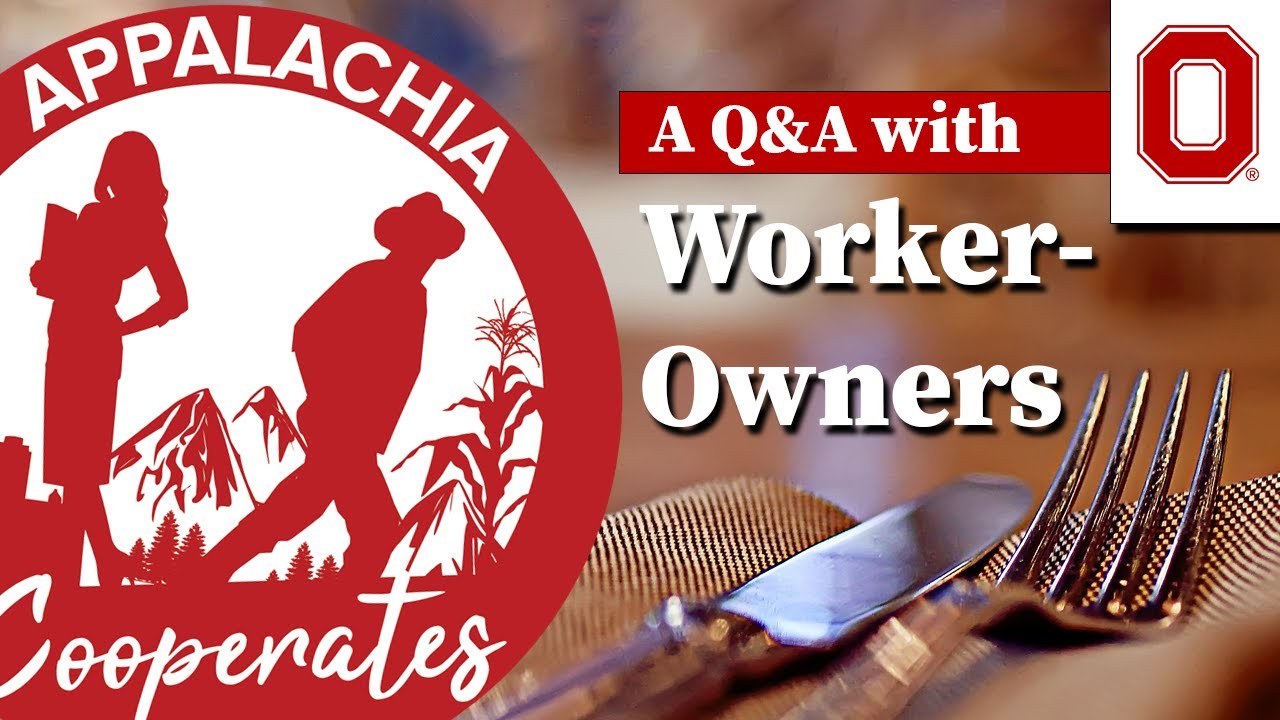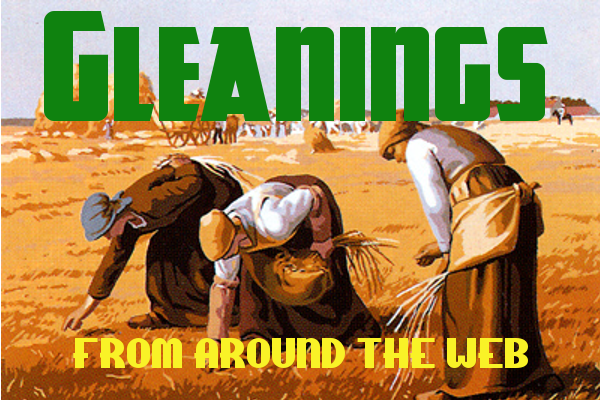This week, Yavor Tarinski writes about Eduardo Galeano's book Football in Sun and in Shadow, and shares some historical efforts to put players and fans in control of "the beautiful game," from spontaneous player democracy at Corinthians in '70s and '80s, to the more recent example of MyFC's fan-owned club.
Then, cooperators from two worker co-op restaurants - one that's been in operation for nearly four decades, and one that is started serving food just three years ago - discuss their businesses and what they've learned from their experiences as worker-owners in the food service industry.
Football as a Commons
by Yavor Tarinski
Therefore, the turning of football into a common, managed directly by the players and the fans, is a feasible possibility and has already been attempted. In the words of Eduardo Galeano: football “is much more than a big business run by overlords from Switzerland. The most popular sport in the world wants to serve the people who embrace it”.
Casa Nueva, Phat Daddy's, and New Economy Works
by Ohio State University South Centers
Curious about how worker cooperatives actually work? Watch this Q&A about the nuts and bolts of worker cooperatives with current worker owners and supporters.
The Baristas Who Took Over Their Café
In These Times — Now out of work, Common Ground’s former staff turned to another idea — buying out the shop and turning it into a worker owned and managed cooperative. The plan moved fast. The Baltimore Roundtable for Economic Democracy (BRED), an organization created to facilitate just those kinds of transitions, offered a loan for the purchase along with assistance managing the technicalities of the changeover. And within two months, Common Ground reopened, with 19 former employees on staff as worker-owners — a welcome surprise for Hampden and workers across the city...
New housing cooperative will address affordable housing shortage in western Wisconsin
WisPolitics — This comprehensive Decree aims to streamline the registration process and enhance the management and oversight of cooperatives throughout Viet Nam. It provides detailed guidelines for implementing the Cooperative Law of 2023, continuing efforts to reform administrative procedures related to cooperative registration. The focus is on reducing costs and time associated with these procedures, leveraging information technology, and facilitating data sharing among State management agencies...
Snapshot: Mutual Aid Groups in Darfur, Sudan
Shabaka — Networks of local volunteers, community groups, and individuals – known as local responders – play a critical role in the crisis response in Darfur (as in other regions of Sudan), providing essential services such as food, healthcare, and community support to those affected by the conflict. These include local mutual aid groups and Emergency Response Rooms (ERRs) established at the onset of the conflict, among other structured efforts...
Not Just Communes: A Reading List on Intentional Communities
Longreads — In contemporary Western culture it’s easy to romanticize communal lifestyles, just as it’s easy to mock them. Some proponents have sought to distance themselves from mockery or sensationalism through different branding. One reason many residents prefer the term “intentional community” is the departure from the baggage of “commune,” with its whiff of naïve, oversexed counterculture. However, terms can blur as boundaries do, within a communal home...
New on our YouTube Channel
The Difference Between Co-op Economics & Traditional Economics | feat. Dr. Jessica Gordon-Nembhard
Do Investors Understand Solidarity?
VFX Goes Co-op Mode! | feat. Anthony & John of Nexodus VFS Worker Cooperative
Like what you find on GEO?
Make a Donation Today!
Your tax-deductible contribution ensures that GEO can continue to provide independent grassroots content about the cooperative and solidarity economy movements.
Got something to say?
Let us know. Send your comments, suggestions, rants and article submissions to editors@geo.coop.
Follow us on Social Media
Mastodon: social.coop/@GEO_Collective
FB: facebook.com/GrassrootsEconomicOrganizing/
Twitter: twitter.com/@GEO_Collective
Our mailing address is:
Grassroots Economic Organizing
P.O. Box 115
Riverdale MD 20738-0115




